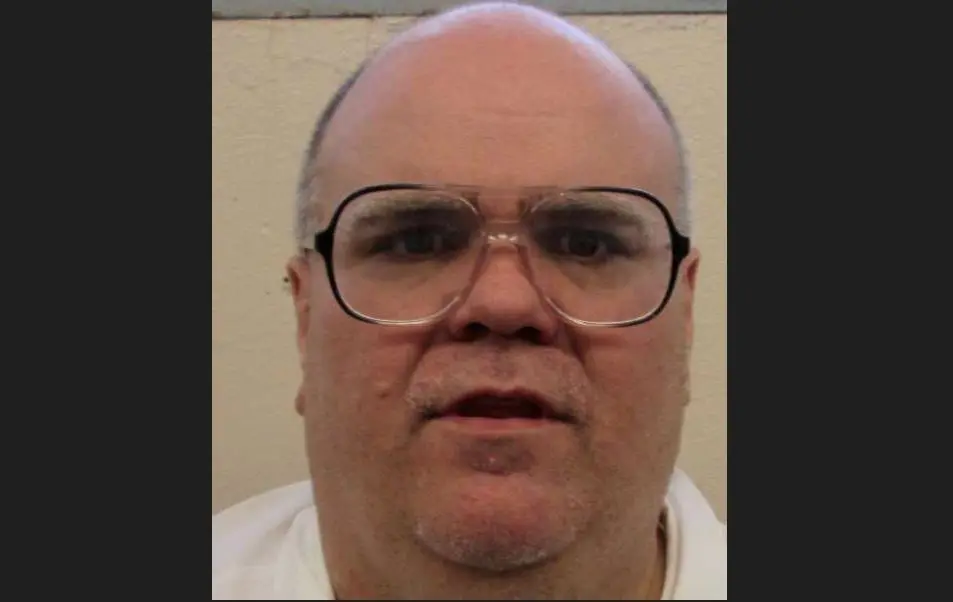Alabama has scheduled a second execution using nitrogen gas, with Governor Kay Ivey setting a September 26 execution date for Alan Eugene Miller, who was convicted of killing three men during a 1999 workplace shooting. This decision comes after the state became the first to put a person to death with the previously untested method earlier this year. Miller had previously survived a 2022 lethal injection attempt, and his attorneys have filed a federal lawsuit challenging the execution method as a violation of the constitutional ban on cruel and unusual punishment. They cite witness descriptions of Kenneth Smith’s shaking and convulsions during his nitrogen gas execution in January as proof of the method’s inhumanity.
In an effort to find new ways to execute inmates as the drugs used in lethal injections become increasingly difficult to find, Alabama and some other states have turned to nitrogen hypoxia as an alternative method. This process forces the inmate to breathe pure nitrogen, depriving them of the oxygen necessary to maintain bodily functions. Despite Miller’s legal challenge to the execution method, attorney General Steve Marshall has maintained that Smith’s execution was “textbook” and that the state intends to continue carrying out death sentences by nitrogen gas in the future. State attorneys argue that as Miller has been on death row since 2000, it is time to carry out his sentence.
Miller, a delivery truck driver, was convicted of killing three men in a workplace shooting. His upcoming execution will be carried out by nitrogen gas, according to the governor’s office. The Alabama Supreme Court recently authorized the execution, paving the way for the procedure to take place. While Miller’s legal team is expected to ask a federal judge to block the execution from proceeding, the state is determined to carry out more death sentences using nitrogen gas in the future. The lawsuit filed against the state by Miller’s lawyers argues that Alabama has tried to maintain secrecy and avoid public scrutiny regarding the botched execution of Kenneth Smith earlier this year.
The decision to schedule another execution using nitrogen gas in Alabama has sparked debate over the constitutionality of the method. Critics argue that the use of nitrogen gas constitutes a violation of the ban on cruel and unusual punishment, as evidenced by the violent shaking and convulsions witnessed during Kenneth Smith’s execution earlier this year. Despite the legal challenge posed by Miller’s attorneys, the state remains steadfast in its commitment to carrying out death sentences using nitrogen gas in the future. As the debate over the use of nitrogen gas in executions continues, the upcoming execution of Alan Eugene Miller raises important questions about the ethics and humanity of capital punishment in the United States.













